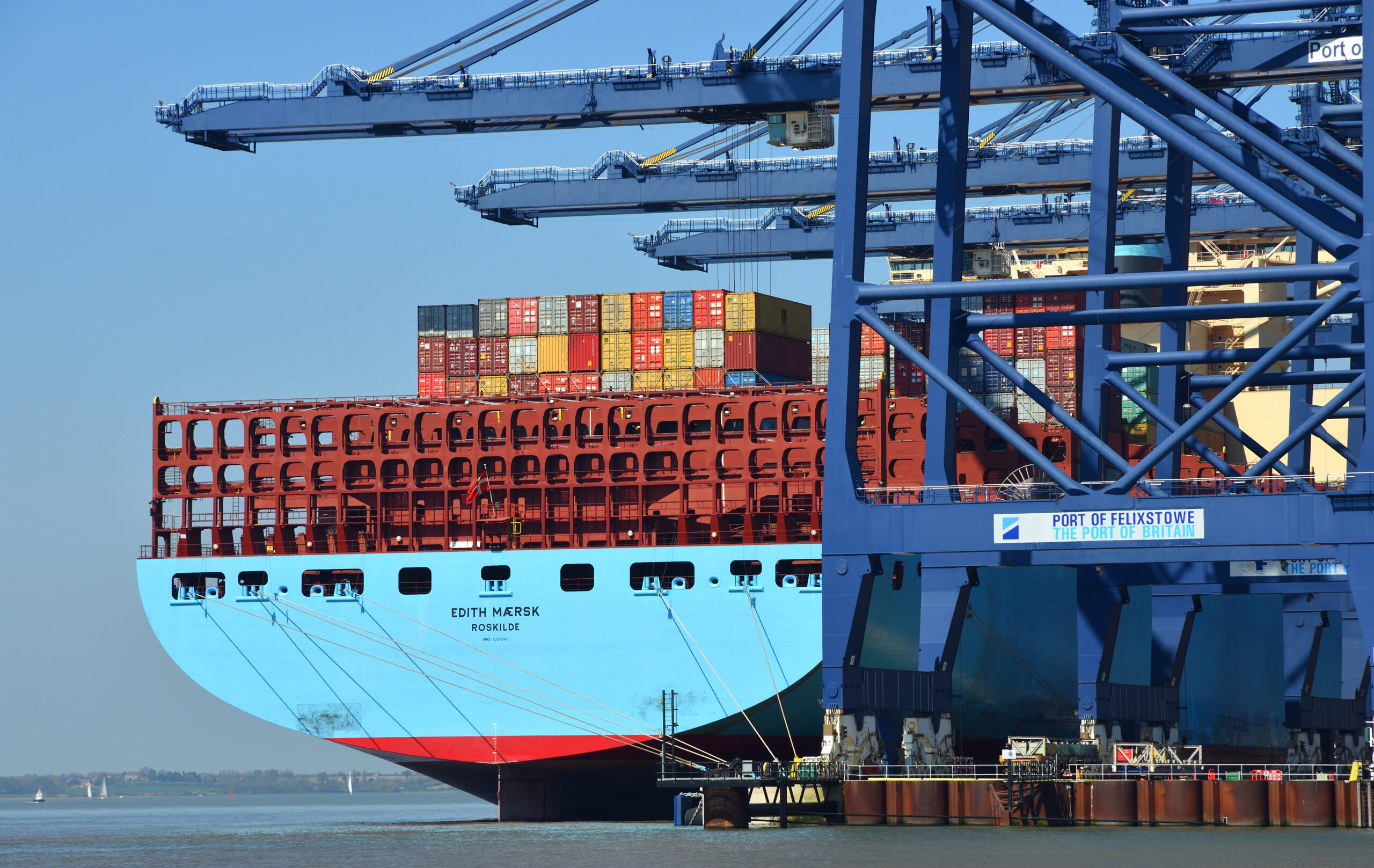Luxembourg-based short-sea specialist, CLdN, has launched a compliance pooling service aimed at assisting shipowners and operators in meeting the increasingly stringent requirements set by the International Maritime Organization’s (IMO) FuelEU Maritime directive.
FuelEU Maritime (FEUM), which came into effect on 1 January 2025, aims to incentivise investment in and adoption of low- and zero-carbon fuels. Under this new framework, pooling has emerged as a practical compliance solution for shipowners. It enables vessels that exceed compliance standards (i.e. those producing emissions below the permitted FUEM threshold) to transfer their compliance surplus to under-compliant vessels, thereby enabling compliance for the entire pool.
CLdN is offering partnership opportunities with shipowners who need additional measures to achieve compliance with FEUM regulations. CLdN’s fleet consists of more than 30 vessels that operate using either biodiesel or bio-LNG, providing them with the additional capacity to generate substantial carbon credits through over-compliance.
Jasper Meireman, Head of Shipping Operations at CLdN, commented on opportunities that renewable fuels offer in terms of over-compliance under FUEM: ‘Biofuels are significantly more expensive and present procurement challenges for companies that do not have the ability to bunker biofuels or are irregularly sailing in EU water. The financial penalties for non-compliance with FEUM can be substantial. For example, a Capesize vessel sailing from South America to Rotterdam could face penalties of approximately $50,000 if it does not meet the required biofuel usage.
‘CLdN is one of the largest short sea shipping operators in the EU. We own more than 30 vessels that sail up to 2.5 million nautical miles per year, mainly in EU waters. We operate reliable and fixed routes delivering cargo for our customers. All our ships can use either biodiesel or bio-LNG and by adapting our fuel mix to use higher proportions of sustainable biofuels we can help other ship owners and operators comply with the regulations and reduce costs.’
In 2023, CLdN achieved a weighted average fleet emissions level of 39g CO2 per tonne-km, which is 19% lower than its next-best performing short sea competitor. In September 2024, CLdN confirmed an order for ten 1,100 TEU fuel-efficient load-on/load-off (LoLo) container vessels from HD Hyundai Mipo, with deliveries scheduled to begin in January 2027.
These next-generation ships will play an important role in the fulfilling CLdN’s long-term decarbonisation strategy. As the shipowner’s press statement identifies, ‘[compliance pooling] creates a possibility to reward over-compliance and provides incentives for investment in more advanced technologies. We are open to exploring pooling possibilities with ship owners and operators to reduce costs and support the maritime industry transition to more sustainable fuels solutions.’



